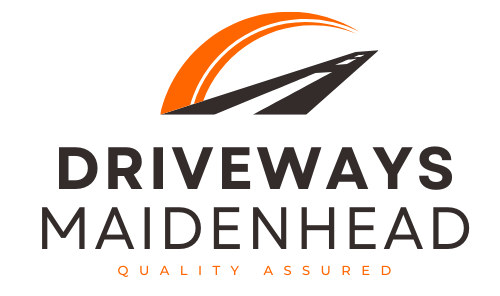Driveway Drainage Maidenhead
Dry and damage-free driveways
A well-drained driveway is essential for protecting your property and enhancing its curb appeal.
By investing in a proper drainage system, you can prevent water damage, reduce maintenance costs, and improve safety.
Proper drainage helps to minimize the risk of flooding, erosion, and foundation issues. Additionally, a well-maintained driveway can increase the overall value of your property.
The benefits of driveway drainage in Maidenhead
Reduced maintenance
A well-maintained driveway drainage system can significantly reduce long-term maintenance costs. By preventing water damage, erosion, and structural issues, you can save money on repairs and replacements.
Improved safety
A well-drained driveway can significantly improve safety. By preventing water from pooling and creating slippery surfaces, you can reduce the risk of accidents and injuries. A dry driveway is a safe driveway.
Property protection
Well installed drainage protects your property from water damage, erosion, and foundation issues. By preventing water from accumulating, you can safeguard your home's structure and value.
Property value
It's not just a question of protecting your property. Installing robust drainage into your new or existing driveway will also positively influence the value of your property.
Frequently asked questions
Why is driveway drainage important?
Driveway drainage is crucial for several reasons. Firstly, it prevents water damage to your driveway, foundation, and surrounding structures. Secondly, it reduces the risk of accidents by preventing slippery surfaces. Thirdly, it enhances the curb appeal of your property by maintaining a clean and dry driveway. Lastly, it can help to protect the environment by reducing water runoff and preventing erosion.
What are the different types of driveway drainage options?
There are several effective driveway drainage solutions to consider:
- Channel Drains: These linear drains collect and divert surface water, ideal for sloped driveways.
- Soakaways: Underground pits filled with gravel, allowing water to soak into the ground.
- French Drains: Trenches filled with gravel that direct water away from the property.
- Permeable Paving: Allows rainwater to soak through the surface, reducing runoff.
- Swales: Shallow, grass-lined ditches that guide water away from the driveway.
The best solution depends on factors like the driveway's slope, soil type, and local regulations.
What are common driveway drainage problems?
Common driveway drainage problems include pooling water, which can lead to moss and weed growth and damage the driveway surface. Erosion of the surrounding soil can also occur, potentially affecting the foundation of your home.
Additionally, excess water can seep into cracks in the driveway, causing further damage. In severe cases, poor drainage can result in flooding, which can have significant consequences for your property. Addressing these issues promptly is crucial to prevent more extensive damage.
Are there any driveway drainage regulations to be aware of in the UK?
Since 2008, the government released regulations to ensure that new driveway systems over 5 square metres include a suitable drainage system. This is to prevent surface water runoff and flooding. If you don't comply with these regulations, you may need planning permission for your driveway.
Being a recognised and certified driveway installer, we're well aware of the local regulations, so you can rest assured your driveway is in good hands. For example, we may advise using permeable materials like gravel or permeable paving, which can often bypass the need for planning permission.


